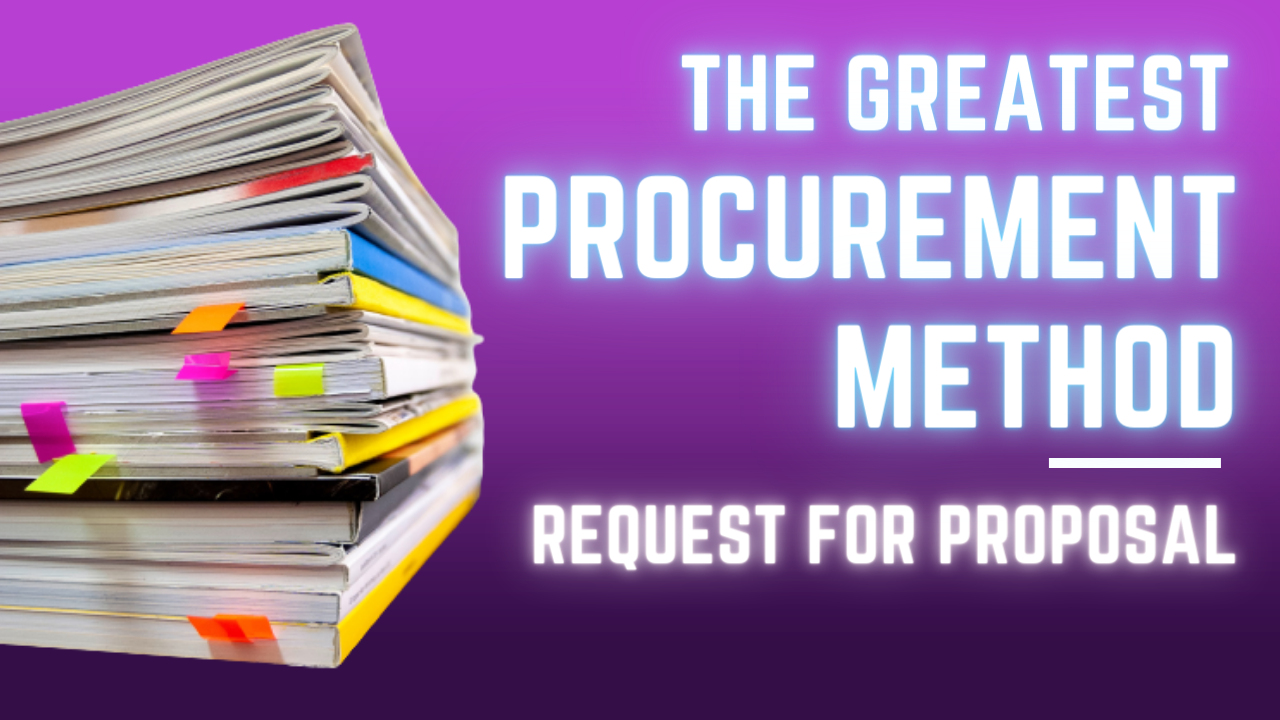The Request for Proposal (RFP) is one of, if not THE most important tool in a procurement professional’s toolbox.
In this high inflation period which is driving up costs, the RFP is the best way to test market pricing and understand price points.
This video discusses why it is so critical to leverage and the issues customers and suppliers have with organizing a proper RFP.



